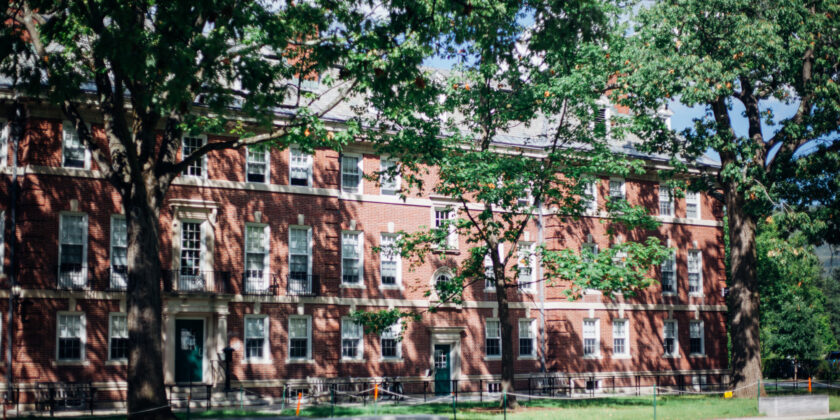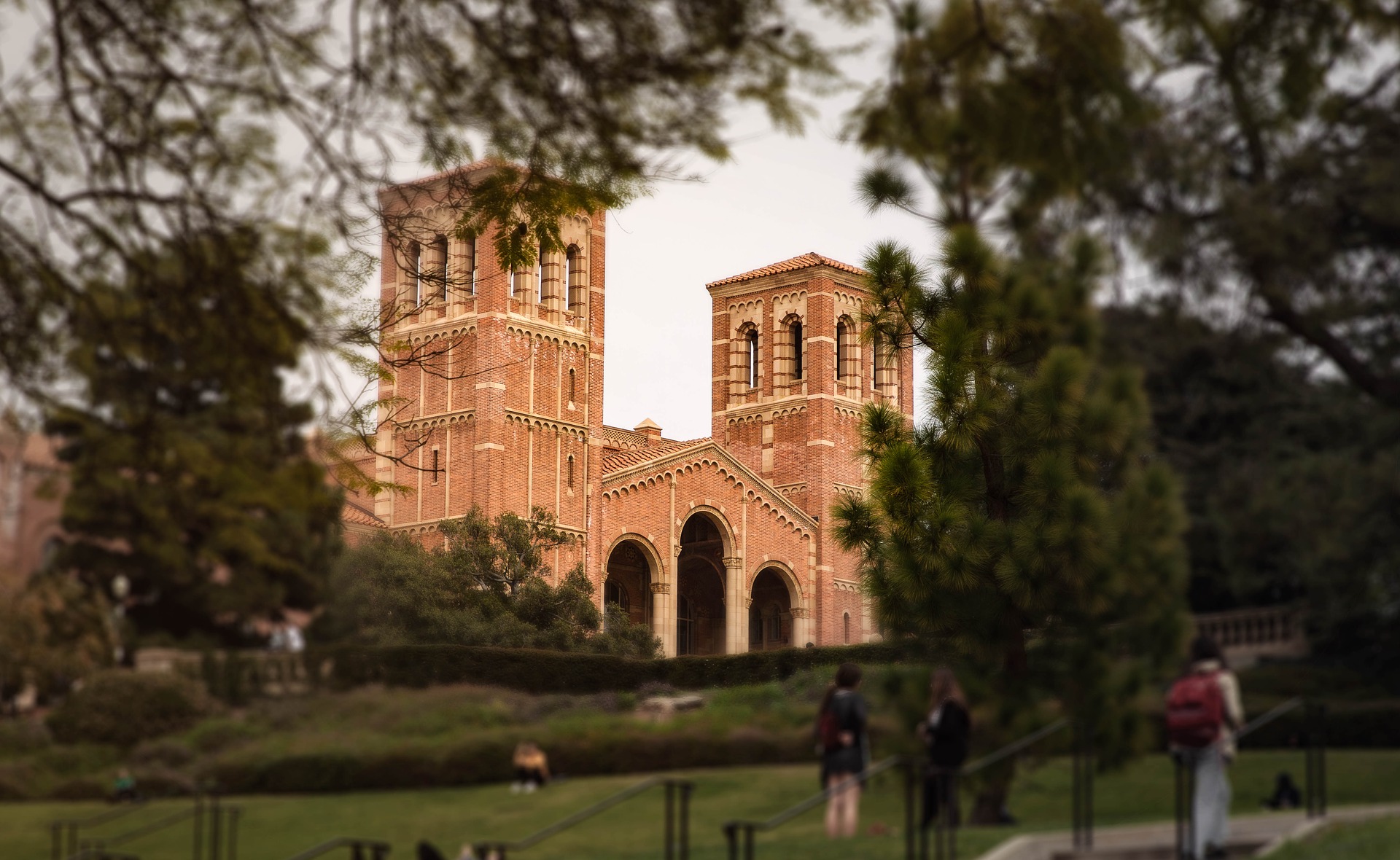
I am especially fond of Janine Robinson’s many posts on writing anecdotes. This month I am “final reviewing” many personal statements. In doing so, I’ve been thinking a lot about topic generation and how to get students to dig deeper to find topics that I have not read a hundred times before. It always bothers me when parents complain that we took a few hours to brainstorm topics; I’m not sure they understand that pinpointing a decent topic can take a lot of work. It is disheartening that so much digging needs to take place at all, but it often does. Anyway, Robinson’s blog post on essay topics has some interesting points, so thought I would share.
–
From what I’ve seen working with college-bound students for the last decade, many of our most talented, driven and intelligent teenagers are living such parallel, over-achieving lives that they struggle to find an effective essay topic. These are the same kids, many targeting Ivy League educations, who will need bull’s-eye essays to have even a shot of getting in.
It’s sad, unfair and ironic: The hardest working students have no time for a life. Here’s an example of a student I worked with recently:
The mom sent me an email summarizing her daughter’s background:
The daughter was interested in history and computer science, and also in theater (worked on every school production since 7th grade). She also did Model UN (with accolades); was editor of the school newspaper and active in debate club. Also, she was captain of the robotics team, the chess club and some other academic team. She had built her own computer and the family’s home service. She also participated in three varsity sports. The daughter’s GPA was stellar and test scores excellent.
Where did she want to go to college?
“Her high school counselor thinks she has a good chance at the Ivies,” mom wrote.
Sure sounds like this girl could have her pick of colleges, right? Good luck with that!
Acceptance rates at the prestige schools are at all-time lows. Even if she wrote an outstanding college application essay, her chances would be slim to none at the most elite schools. The real problem, to me, is that this student isn’t unusual.
Most of these applicants have similar off-the-charts grades, test scores and extracurricular dossiers. With everyone at the top of the heap, the focus often turns to their college application essays. The tragedy I mentioned in my sensational headline is that these are the exact brilliant students who have the hardest time coming up with an interesting and meaningful essay topic.
Why?
They are too busy doing the same things. Team sports, band, drama, clubs, and internships. Model United Nations. Summer camp. Mission trips. Robotic competitions. And mostly…studying.
Even though their activities and experiences are truly character-building and lesson-teaching, the highly orchestrated nature makes them difficult to mine for gritty, organic or relevant life-shaping lessons. That’s why one of my first questions to students I tutor is whether they had held a job. Summer jobs. Working part-time during school. Even hourly work. These are a gold mine for topic ideas, mainly because they fall outside that high school student bubble where everyone does the same thing. Suddenly a student has to deal with getting stiffed by a customer at a restaurant where he waits tables. Or a student has to find a way to get his lawn mower to job sites without a car. Maybe a student gets passed over to caddie at a golf club because she’s Hispanic.
I advise students to recall “times” they faced problems in their past to discover real-life moments that helped shaped their thinking in some way. If they can show themselves in action handling that issue, their stories (and essay topic) will reveal a piece of their unique personality. If they also reflect and explain what they learned when handling that problem, they also can reveal their character.
Personality + Character = Awesome Personal Statement Essay
The sad thing is that the most high-reaching students often have not had a summer job. Not only have they not had time in their activity-packed lives to hold a job working at Subway, or a clothing boutique or for their parent’s grocery store, but they simply don’t have ANY FREE TIME. Many of these students are distressed when we start brainstorming an essay topic. They say the same things as all students–“There’s nothing interesting about me.” I ask them what they do when they do get a rare moment of time to themselves.
They pause.
Think.
Think some more.
“I like to hang out with my friends,” many tell me. Oh yea. Friends. How sad is this??
Unfortunately, hanging with friends doesn’t often yield great essay topics, so we keep fishing around in their past to find something they have done where there weren’t a lot of adults around making sure nothing went wrong.
Perfect life. Nothing happens. No story. No story. Dull essay. Talk about pressure!
These students have worked so hard, for so long, and truly sacrificed a lot to be perfect students, the exact kind who should get into the most competitive college and universities. I believe many should simply let go of the Ivy League fantasy and focus on the several hundred or more outstanding educational institutions that don’t have Ivy status. Boy, would that chill out this frenzied application world almost overnight. I believe the kids would let them go without a second thought if their parents went first. I know I’m old school, but I have to note that many of my achieving students also mention “My anxiety” or “My depression” as possible essay topics.
I don’t think that’s just a coincidence.
I remember one student who was so desperate for an interesting experience that he planned to borrow an experience that happened to his mother when she was young. And guess who’s brilliant idea this was? Yup, mom’s. But for many of these perfect students, who have engaged in more interesting and challenging activities than many people do in a lifetime, they can’t find that magic topic or everyday experience to nail their college application essay.
It’s the overachievers who come from privileged backgrounds who have it the hardest. Somehow these students do have time for international vacations, second home visits, ski trips, spa outings, sailing, riding horses and golfing (I’m not trying to be snide; this is what they tell me). It’s possible to extract interesting experiences and write compelling essays that involve these privileged activities, but I haven’t seen many. Students who have had to step in to help their family or their own financial well-being are the lucky ones—at least when it comes to essay topics.
If they lived on a ranch in the middle of nowhere and helped raise the pigs.
If they helped their mom clean houses on weekends.
If they ran the cash register at the family laundry mat.
If they had to get a summer job to earn spending money (HINT: That could be any kid.)
Perfect Students: Dig Harder for Your Essay Topic
This is where “real-life” happens, and no matter how hard you try, it’s much easier to write about, extract relatable experiences and moments, and draw out life lessons when life involves a degree of struggle. I feel for these overachievers. They are hard-working, well-intentioned and great kids. For some, this may be their first taste of how life can sometimes be unfair. Don’t despair, though, if you are a perfect student who has done all the right things, plus some. You will still get into the most awesome schools.
When it comes to your college application essay, and finding a killer essay topic, you are going to have to once again be that kid who goes the extra mile. You can and will find great topics. They will just take more digging and imagination, possibly more research and self-reflection. I push the idea of the “mundane,” over the impressive. Works every time.
Even if you are one of those determined students who does everything, along with thousands of others doing the exact same thing, you are unique. You just need to work hard to find some type of problem (challenge, obstacle, failure, phobia, conflict, set-back, crisis, mistake, etc.) you faced in order to show how.
*Stay in the know! Subscribe for news, tips, and advice*







